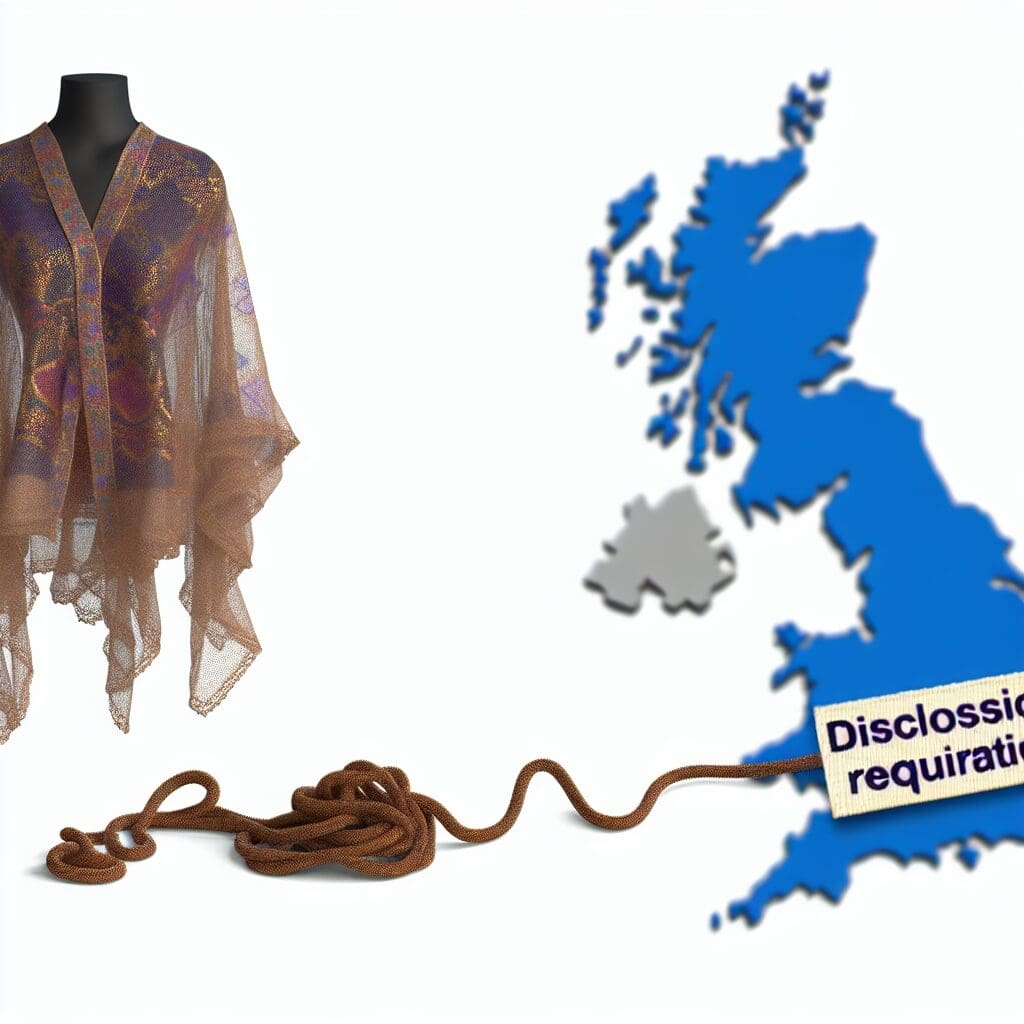Dior, the luxury fashion brand under LVMH, is facing criticism for its failure to comply with the UK’s Modern Slavery Act. A recent review by Reuters revealed that Dior was behind on mandatory disclosures concerning its supply chain, specifically regarding forced labor practices. Until recently, the brand’s UK website displayed outdated information, including an anti-slavery statement from 2020 and a sustainability certification that had lapsed over a year before.
The Modern Slavery Act of 2015 requires companies with an annual turnover exceeding £36 million ($46 million) to publish yearly online statements about the measures taken to prevent forced labor within their operations. Yet, until July 19, Dior neglected to update its disclosures, raising serious questions about its commitment to ethical practices.
The scrutiny intensified after Italy’s competition authority announced it was investigating potential misrepresentations by Dior and Armani regarding their craftsmanship and social responsibility commitments. Concerns were amplified by judicial findings that indicated exploitative working conditions at some Italian suppliers used by Dior.
In response to inquiries, Dior released a new modern slavery statement, which was longer and more comprehensive than previous versions. The company is now planning to implement training for its employees on modern slavery awareness. Critics argue that the lack of penalties for non-compliance with the Modern Slavery Act undermines its effectiveness, with experts calling for stricter enforcement measures.
As global consumers increasingly prioritize brands that demonstrate ethical standards, Dior’s recent missteps could have lasting implications for its brand image and consumer trust in the competitive luxury market. The evolving landscape calls for brands to not only comply with regulations but to proactively commit to transparency and accountability along their supply chains.










